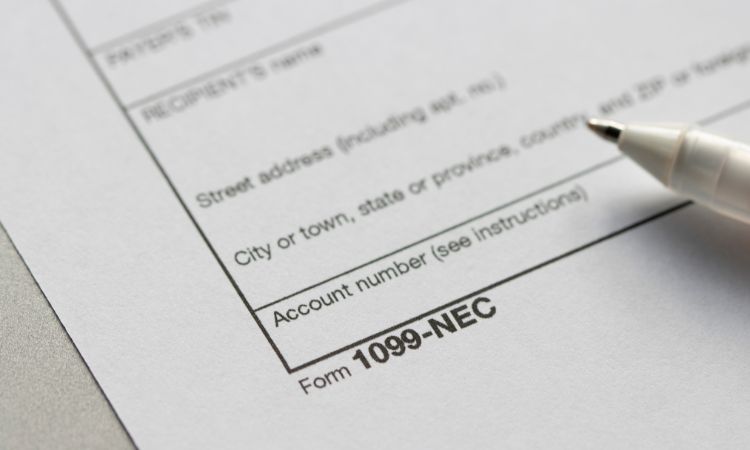Understanding 1099s and Contractors: A Guide for Business Owners

If you’re a business owner who works with independent contractors or consultants, there’s one tax form you must understand – Form 1099-NEC. It’s a simple form with major implications, and it’s easy to get wrong if you’re not careful. Whether you’ve outsourced an IT consultant, writer, or any other non-employee worker, knowing how to handle 1099s properly is key to staying compliant and avoiding penalties. Apex Accounting and Consulting is here to break it down.
Who Gets a 1099?
If you’ve paid $600 or more to a non-employee individual or unincorporated business during the year for services, you’re generally required to issue a Form 1099-NEC (Nonemployee Compensation). This includes:
- Freelancers
- Consultants
- Independent contractors
- Graphic designers, writers, or web developers not on payroll
- Anyone you’ve paid for services who is not an employee
Pro tip: If you’re not sure whether someone is a contractor or employee, the IRS uses three key categories to determine classification: behavioral control, financial control, and the nature of the relationship.
When Are 1099s Due?
- To the contractor: January 31st
- To the IRS: January 31st (either electronically or via mail)
Missing these deadlines can result in penalties, so it’s important to plan ahead
What You Need to Prepare
To make tax season smoother, gather this information before you start paying someone:
- W-9 Form – Always request this before issuing payment. It provides the contractor’s name, address, and Taxpayer Identification Number (TIN).
- Total amount paid – Track all payments throughout the year in your accounting software or spreadsheet.
- Send the 1099-NEC by January 31st to both the contractor and the IRS.
Exceptions to the Rule
Not everyone you pay requires a 1099. Here are some common exceptions:
- Payments made to corporations (with some exceptions, like attorneys)
- Payments for products or goods (not services)
- Employees (they receive a W-2, not a 1099)
Why It Matters
Filing 1099s isn’t just about following IRS rules. It helps you stay compliant, avoid IRS penalties, and shows that you are running a professional, transparent, and responsible business.
Need Help?
As a bookkeeper, we know how overwhelming this can be, especially if you wear multiple hats. If you need help issuing 1099s, reviewing your contractor list, or setting up a system for compliance next year, Apex Accounting and Consulting is here to help! Reach out to schedule a free consultation.
